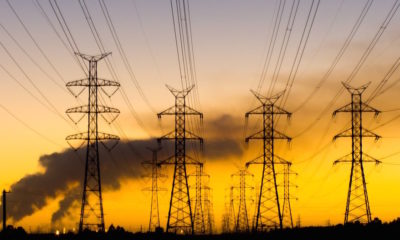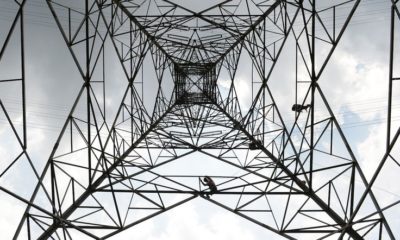- Electricity Consumers Won’t Accept Tariff Hike, NLC Warns
The Nigeria Labour Congress on Monday said consumers across the country would not comply with the payment of electricity bill should the Nigerian Electricity Regulatory Commission go ahead with the proposed increase in the tariff payable by power users.
It also warned NERC not to succumb to the pressure mounted on the commission by power firms that had been calling for an increase in electricity tariff.
The President, NLC, Ayuba Wabba, who disclosed this while speaking at the public consultation on capping of estimated billing, organised by NERC in Abuja, noted that many rich consumers were no more receiving supply from electricity distribution companies’ because of high tariff.
He wondered how low-income earners would cope, much more when the NERC implemented an increase in tariff, as he cautioned the commission not to make laws that consumers would violate with impunity.
Wabba said, “On our part, anything that will add cost to the consumers at this point in time, certainly, as a consumer and somebody that represents a large constituency, we will not be able to bear the cost. Where we are, the poverty level in Nigeria, I am telling you that many of us cannot afford to pay this exploitative billing.
“A retired DIG called me to say that he used to pay such amount and now this is what he is paying and that he cannot pay it again. Those are people at the higher level. What of those at the lower level, small and medium scale enterprises, like the barbers? Can the cooks pay?”
The labour leader urged the commission and stakeholders in the power sector to think of other options on how to generate revenue, instead of trying to make profit that would not be commensurate with the supply of electricity to the consumers.
“What is the per capital income in Nigeria? Let us be realistic, if not, we will put laws in place that are violated and nothing will happen,” Wabba stated.
He called for a review of Nigeria’s power sector privatisation exercise and noted that it was unfortunate that Nigeria copied the model from India, a country that was also lamenting over epileptic power supply.
The labour leader said, “If we are going on a wrong direction, we should not continue to go the wrong direction, because it will not take us to the ultimate destination. Recently, I was in India. The lamentation we are doing here is what they are doing in India. We borrowed this whole process from India.
“I saw that the same issues we are passing through is what they are passing through. So, if we borrowed this power concept from India and India is even having the same problems we are having, it means we are going the wrong direction. Then we must revisit it so that we get to the point that will take us to the right destination.”
Wabba condemned the exploitative tendencies of power distribution companies with respect to estimated billing, particularly mentioning the Abuja Electricity Distribution Company.
He accused the NERC of treating the Discos with kid gloves, while it had on the other hand been hard on power users in Nigeria, as he stressed that the commission should mandate the power distributors to meter their customers.
The Commissioner, Consumer Affairs, NERC, Moses Arigu, had earlier stated that not all consumers would be metered at the same time, regardless of the implementation of the recently introduced Meter Asset Provider regulation.
According to him, NERC had resolved to deliberate with consumers and other stakeholders what unmetered customers should pay in the meantime.
“The proposed order is expected to be a ‘catalyst’ for the Discos to accelerate or fast-track the deployment of meters to unmetered customers,” he said.

 Billionaire Watch3 weeks ago
Billionaire Watch3 weeks ago
 Startups4 weeks ago
Startups4 weeks ago
 News4 weeks ago
News4 weeks ago
 News4 weeks ago
News4 weeks ago
 Bitcoin4 weeks ago
Bitcoin4 weeks ago
 Naira4 weeks ago
Naira4 weeks ago
 Forex3 weeks ago
Forex3 weeks ago
 Treasury Bills4 weeks ago
Treasury Bills4 weeks ago























